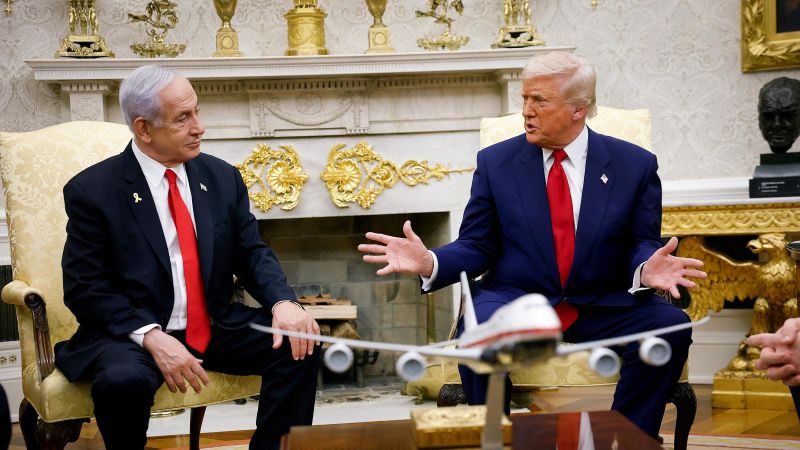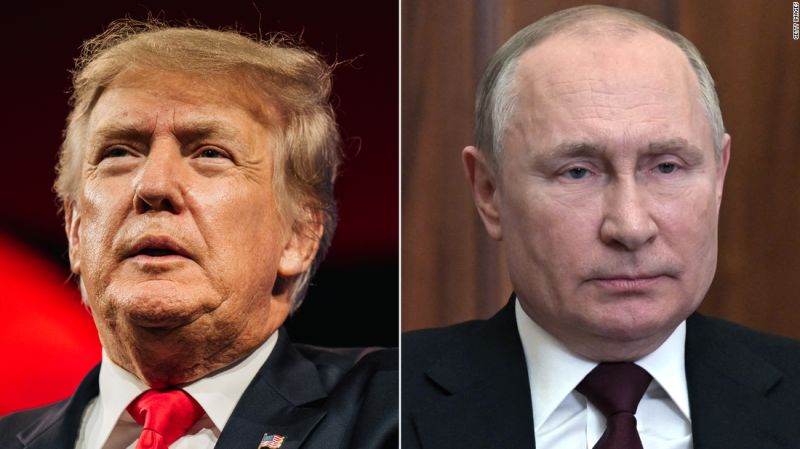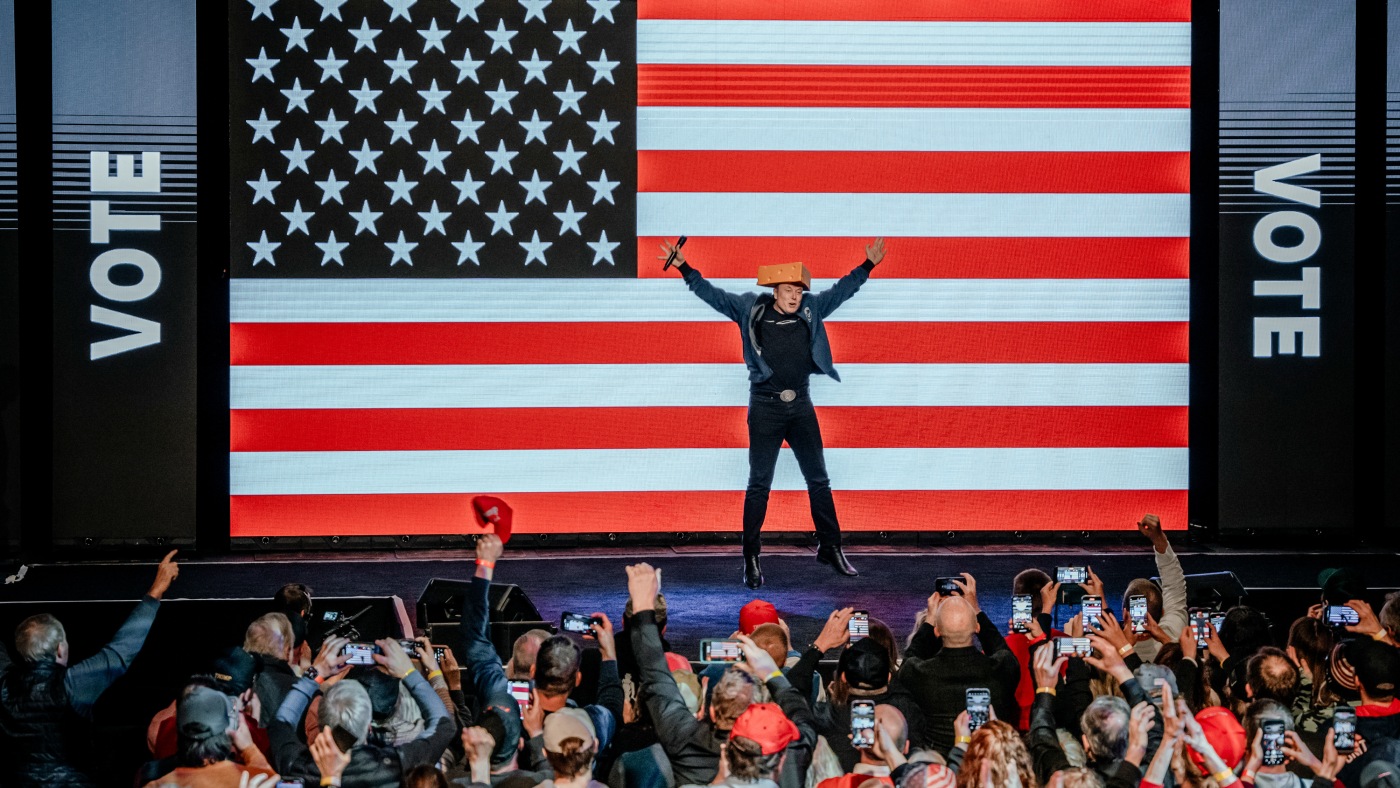Trade War Tensions: Trump Targets Fed Chief Powell Amid Economic Uncertainty
Politics
2025-04-18 04:00:36Content
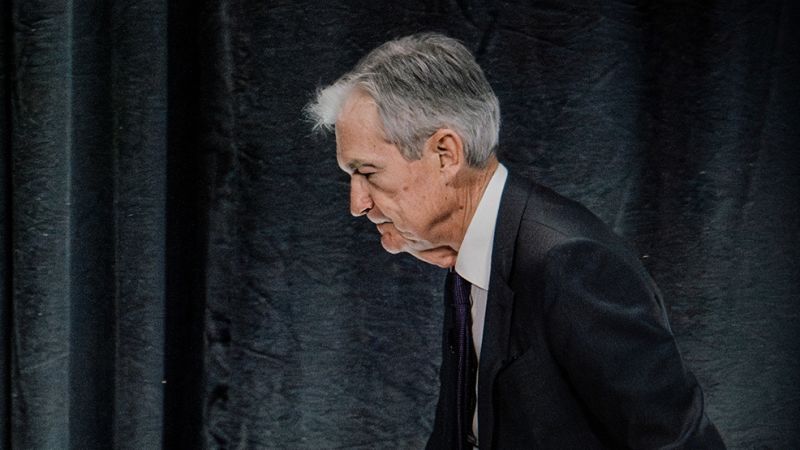
Donald Trump's recent criticisms of the Federal Reserve have once again highlighted the critical importance of maintaining independent central banks. His persistent attempts to pressure the Fed to lower interest rates and manipulate monetary policy underscore exactly why central bank independence is so vital to economic stability.
Throughout his presidency and beyond, Trump has repeatedly attacked the Federal Reserve, viewing its monetary policy decisions through a purely political lens. This approach fundamentally misunderstands the delicate balance required in managing a nation's economic framework. Central banks must be insulated from short-term political pressures to make rational, long-term economic decisions.
The independence of central banks like the Federal Reserve is designed to protect economic policy from the whims of political leaders. When politicians can directly influence interest rates and monetary strategies, it creates a dangerous precedent that can lead to economic instability, inflation, and potential market manipulation.
Trump's vocal criticism serves as a perfect case study of why central bank independence matters. By attempting to publicly shame and pressure the Fed into decisions that might benefit his political narrative, he demonstrates the exact type of political interference that independent central banks are meant to prevent.
Economists and financial experts consistently argue that central banks must remain neutral, making decisions based on economic data and long-term national economic health, rather than short-term political gains. The Federal Reserve's ability to resist political pressure is a testament to the strength of the institution and its commitment to economic stability.
As the global economic landscape continues to evolve, the principle of central bank independence remains more crucial than ever. Trump's actions serve as a stark reminder of the potential risks when political leaders seek to undermine this fundamental economic safeguard.
The Delicate Dance of Monetary Policy: Trump's Impact on Central Banking Independence
In the intricate world of economic governance, the relationship between political leadership and central banking institutions has never been more precarious. The ongoing narrative surrounding Donald Trump's approach to monetary policy reveals a complex tapestry of challenges that strike at the very heart of financial independence and institutional integrity.Navigating Turbulent Economic Waters: A Critical Examination of Presidential Influence
The Erosion of Central Bank Autonomy
The fundamental principle of central bank independence has long been a cornerstone of modern economic management. Donald Trump's presidency represented a unprecedented challenge to this delicate balance, repeatedly attempting to exert political pressure on the Federal Reserve's decision-making processes. His public critiques and vocal demands for lower interest rates exposed the vulnerability of monetary institutions to political manipulation. Financial experts have long argued that central banks must operate free from direct political interference. The intricate mechanisms of monetary policy require nuanced, data-driven decision-making that transcends short-term political considerations. Trump's approach demonstrated the potential risks of politicizing economic management, creating unprecedented tension between the executive branch and financial regulators.Historical Context of Monetary Independence
The concept of central bank independence emerged from painful economic lessons of the past. Historical examples have repeatedly shown how political intervention can lead to catastrophic economic consequences. Countries with politically compromised monetary institutions often experience hyperinflation, currency instability, and long-term economic challenges. Trump's repeated public criticisms of the Federal Reserve created a dangerous precedent that threatened to undermine the carefully constructed walls of institutional independence. His vocal demands for lower interest rates and direct criticism of Federal Reserve leadership represented a stark departure from traditional presidential approaches to monetary policy.Global Economic Implications
The ripple effects of challenging central bank independence extend far beyond domestic borders. International financial markets closely observe the relationship between political leadership and monetary institutions. Trump's approach sent shockwaves through global economic circles, raising fundamental questions about the resilience of financial governance mechanisms. Economists and policy analysts worldwide began to reassess the delicate balance between political leadership and financial institutions. The unprecedented nature of Trump's direct challenges to monetary policy created a new paradigm of potential political interference that demanded careful scrutiny and analysis.Institutional Resilience and Future Safeguards
Despite significant challenges, central banking institutions demonstrated remarkable resilience during this tumultuous period. The Federal Reserve maintained its core commitment to data-driven decision-making, consistently prioritizing long-term economic stability over short-term political pressures. The experience highlighted the critical importance of robust institutional frameworks and the need for continued protection of monetary policy independence. Future governance models must incorporate more explicit safeguards to prevent potential political manipulation of economic decision-making processes.Lessons for Democratic Governance
The broader implications of this period extend beyond monetary policy. It represents a critical moment of reflection for democratic institutions, demonstrating the ongoing tension between political leadership and specialized regulatory bodies. The delicate balance of power requires constant vigilance and a commitment to maintaining institutional integrity. Ultimately, Trump's approach to central banking serves as a powerful reminder of the importance of maintaining clear boundaries between political ambition and economic management. It underscores the critical need for robust, independent institutions that can withstand political pressures and maintain focus on long-term economic stability.RELATED NEWS
Politics
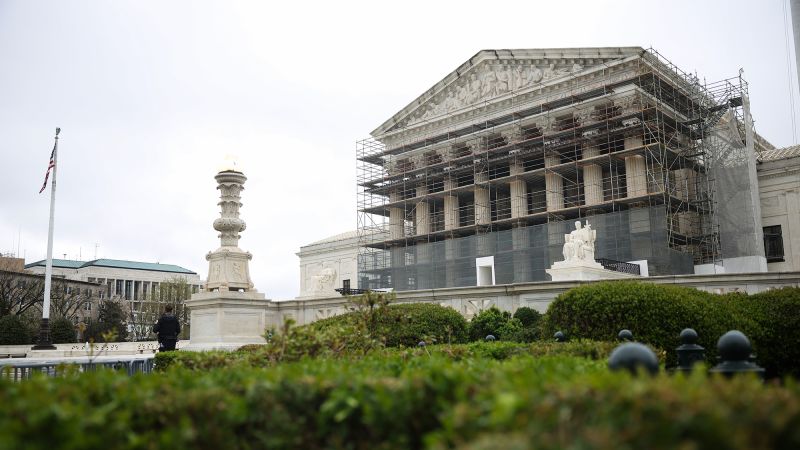
Birthright Citizenship Showdown: Supreme Court Poised to Unravel Trump's Controversial Immigration Plan
2025-04-17 18:14:30
Politics
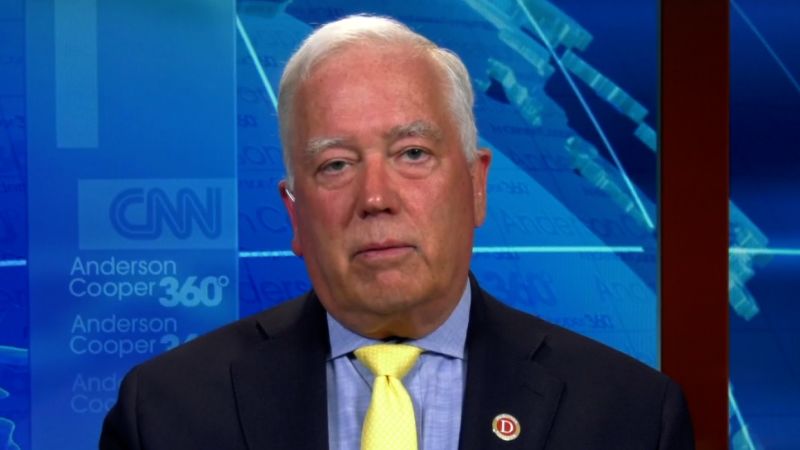
Trump's Legal Showdown: Ex-Judge Warns of High-Stakes Confrontation with Judge Boasberg
2025-03-19 12:17:08
Politics
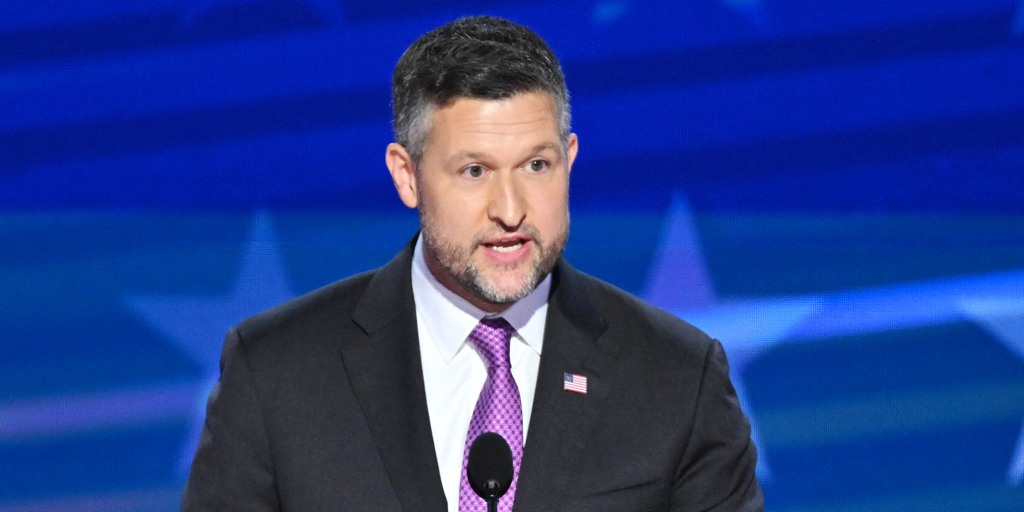
Breaking: New Political Movement Pledges $20M to Revolutionize Candidate Recruitment
2025-03-27 10:00:00


